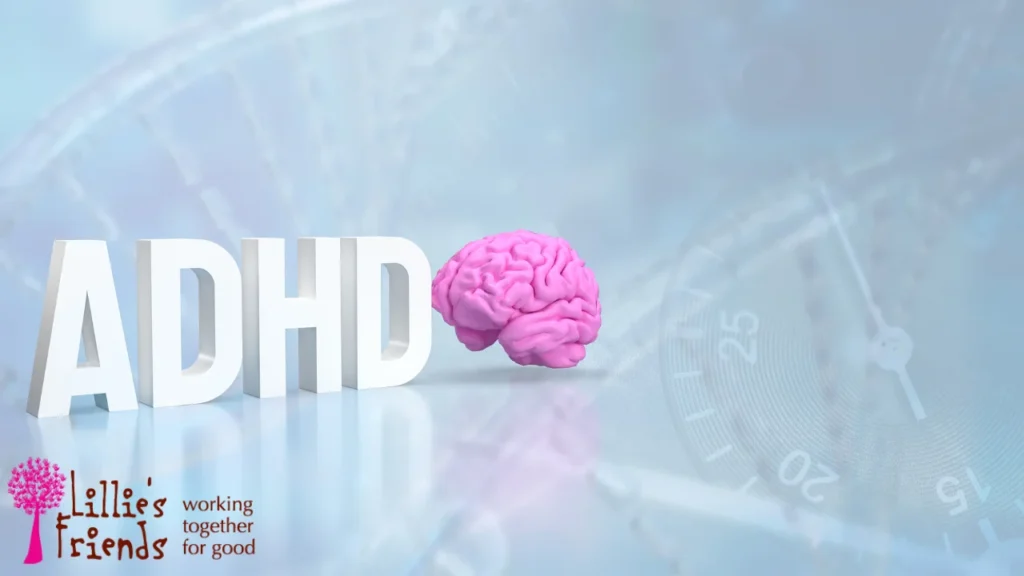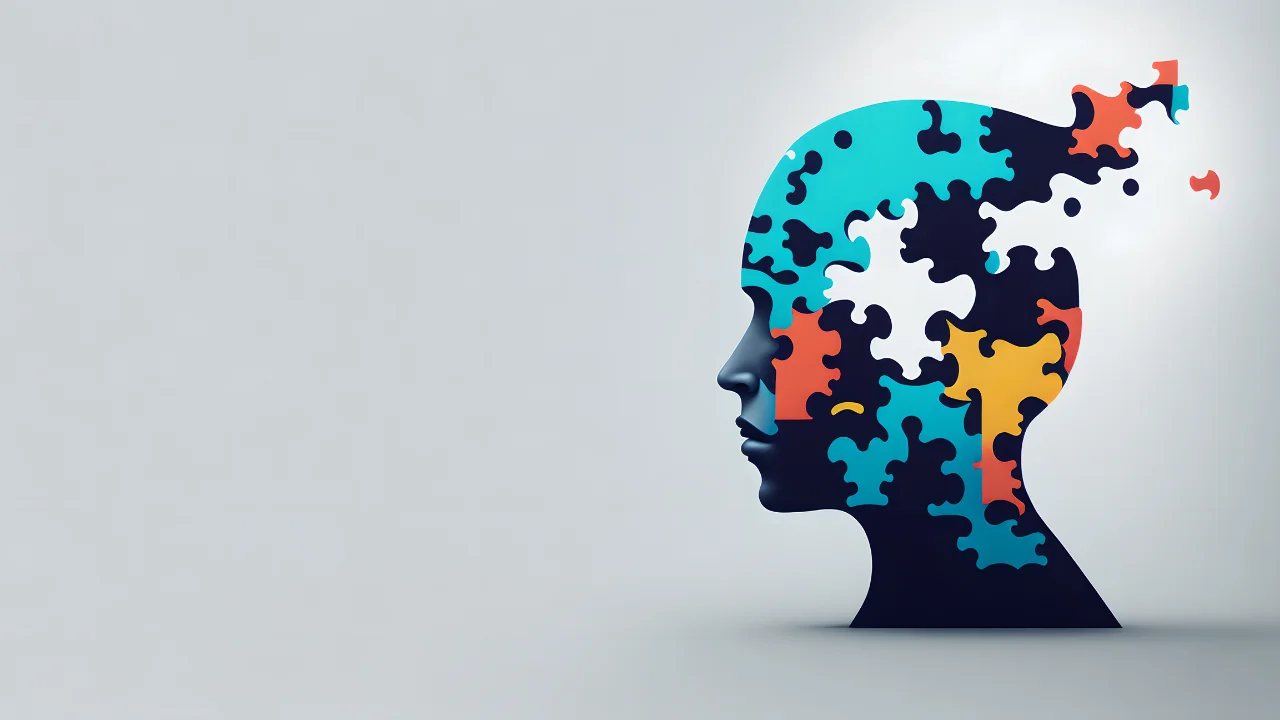When someone receives the diagnosis of “attention-deficit hyperactivity disorder” (ADHD), they may believe that pharmaceutical therapy is the only choice. Although stimulant drugs (such as methylphenidate and amphetamine) are the primary approaches for treating this illness, there are alternative options.
Given that ADHD cannot be totally treated, individuals should depend on various forms of self-help. Medications might be quite useful for immediate relief. However, for long-term outcomes, psychotherapy and a number of natural ADHD therapies will also be effective. The MTA Cooperative Group Study found that integrating natural treatments such as lifestyle adjustment, brain training, and behavior therapy to supplement ADHD meds produces greater outcomes than pharmaceuticals alone. So, let’s go into the specifics of the many alternative therapy alternatives.
ADHD Treatment Overview
Currently, there are no established guidelines for predicting individual patients’ reactions to ADHD therapy. Monitoring symptoms is the only method to assess if a particular treatment is effective. It is worth noting that before determining which therapy works best, you must be willing to experiment with various food, exercise, and sleep adjustments.

Before proposing new treatments, your therapist will ask you to maintain a symptom journal that details your progress and setbacks.
Cognitive Behavioral Therapy (CBT)
CBT seeks to change particular cognitive processes that drive maladaptive behavior. Adults with ADHD may struggle to complete activities due to illogical mental patterns. CBT urges the person to analyze the evidence for such thoughts in order to alleviate ADHD symptoms.
A 2010 investigation[1*] found that tailored skill-based cognitive behavioral therapy (CBT) treatments may successfully reduce ADHD symptoms in adults. That stated, further study is needed to determine such advantages.
Omega 3 Fatty Acids
Omega-3 fatty acids are vital for improving brain and nerve cell function. However, the body cannot produce these fatty acids; they must be obtained via food. Foods like salmon and mackerel, as well as supplements and vitamins, aid to increase omega-3 levels and improve brain function. Fish oil includes two forms of omega-3 fatty acids: docosahexaenoic acid (DHA) and eicosapentaenoic acid (EPA). The latter is more advantageous than the former. Thus, when purchasing supplements, look for ones with greater doses of EPA than DPA.
A 2018 research found that omega-3 fatty acids may improve ADHD symptoms, although another meta-analysis[2*] contradicted this. The National Center for Complementary and Integrative Health highlights that the impact of omega-3 fatty acids in ADHD therapy is equivocal and warrants additional investigation.
Protein-rich diet.
Proper diet is an effective approach for treating ADHD in adults. A research[3*] by Richard Wurtman from the Massachusetts Institute of Technology found that proteins stimulate brain chemicals that increase alertness, whereas carbs cause sleepiness. A protein-rich diet also helps to minimize blood sugar spikes and decrease hyperactivity. Adults need between 50 and 80 grams of protein per day, depending on their weight.
Fruits, vegetables, legumes, and whole grains are also good nutrients for controlling attention deficit disorder. When utilizing ADD alternative therapy, avoid consuming too much fat since it interferes with medicine absorption and efficacy. As a result, most experts advocate diets high in protein and complex carbs, as outlined.
Brain Training
Brain training programs for ADHD and ADD are becoming more popular due to their availability on computers, cellphones, and other devices. The programs claim to enhance processes such as concentration and memory, which are often disrupted in people with ADHD. While the exercises may resemble video games, they are intended to engage certain brain processes.
With technological improvement, neurofeedback, a brain training technology, is developing as a possible alternative ADHD therapy for adults. The therapist will have you execute certain cognitive activities while wearing an electrode-lined headgear. A typical session lasts around 30 minutes. The therapy seeks to assist patients in producing brain impulses and connections linked with concentration.
Research suggests that neurofeedback may effectively manage ADHD symptoms, but more study is required. While existing data suggests that brain training may enhance working memory, attention, and hyperactivity, further study is required to establish the efficacy of neurofeedback therapy in ADHD.
Mindful meditation.
Mindfulness meditation may help people with ADHD manage stress, improve self-regulation, and build good emotions. This treatment approach helps you remain present in the moment by meditating quietly and enhancing self-awareness while doing ordinary duties. According to a 2015 [4*] report, mindful meditation may effectively reduce ADHD symptoms.
Conclusion
Medications are the primary technique for treating ADHD in adults. Individuals who choose non-medical approaches to ADHD medication for adults might investigate alternatives, such as diet, exercise, brain training, and neurofeedback. Notably, some alternative medicines need more study to demonstrate their efficacy. Your therapist may propose combining two or more therapies to supplement ADHD medication. To learn more about which therapy options are most suited to your scenario,

